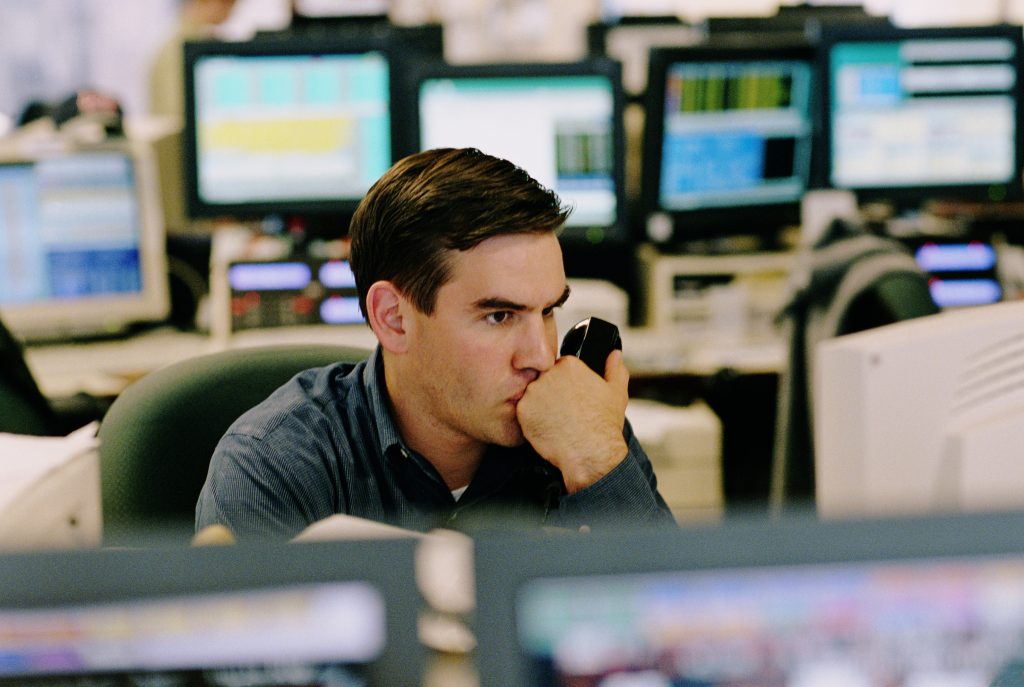Monthly Market Update: Cancelling Russia isn’t cheap
Fri 18 Mar 2022
Cancelling a person, right or wrong, is no small feat, and there are repercussions. “House of Cards” was a series that literally made Netflix, yet it features much less prominently after Kevin Spacey’s cancellation. The cancelled actor/celebrity will have worked with other people, who will now see their incomes reduced as works of art are withdrawn and themselves smeared by association. Cancelling a single human being may have outsized repercussions for everybody associated with them. Cancelling a state in a globalised world is a much, much bigger affair.
We are witnessing a historical novelty, however. The essential cancelling of an existing state, a nuclear superpower no less, and its people. It’s not just banks and oligarchs. It’s Russian athletes and sports teams, Russian expats and Russian culture, including the Ballets. Electronic Arts updated its flagship “FIFA 22” game to omit all Russian Teams. Developed markets mean to behave as if Russia simply is an ex-entity. But western sanctions over the Ukrainian war are great and far-reaching, way beyond Russia and its nationals. The war and the sanctions are throwing everybody’s post-pandemic economic calculus into chaos.
Russia is a key producer of energy, nickel and palladium (used for car manufacturing), wheat (along with Ukraine 1/3 of global production), copper, gold and alumiunum. Supply chains that were just beginning to recover after tremendous pressure are now facing another massive hit. Input prices will, in all probability, soar. The IMF predicted 4.4% global growth for 2022, but risks are now to the downside. Rising prices will also change the central banks’ inflation calculus in ways we can’t yet predict. By some estimates, oil prices could reach $150 per barrel.
The Fed’s decision between supporting risk assets and fighting inflation is getting a lot more difficult. Failure on those fronts could compromise its independence. Europe, meanwhile, is preparing for a cold winter. It’s not just the price of energy at stake but also its availability.
The point we are trying to make is that the war in Ukraine and the concomitant reactions will have consequences we can’t yet imagine or, frankly, predict and plan for. As economic concerns take a backseat over geopolitical objectives, so will final decisions and, inasmuch as policy affects them, the returns for risk assets. This is what textbook “systematic risk” looks like, and it is un-hedgeable. But unlike anything we have seen in the past forty years, this instance comes with high inflation, which prevents central banks from mitigating the bulk of that risk. It also makes holding cash as an alternative a very expensive proposition.
The repercussions of this war and the West’s response will be felt across the globe on both the economic and political front for many years. Investors with a high tolerance for risk may choose to roll the dice. As with any significant milestone in financial history, the next few months will see new
winners and ‘gurus’ emerge, while failed strategies will be forced to throw in the towel. But for the critical mass of investors, those for whom risk is
a measurable quantity and financial planning is part of the equation, we think that the best course is to avoid taking significant action before the dust settles and trust in the long term properties of diversified portfolios.
– George Lagarias, Chief Economist















